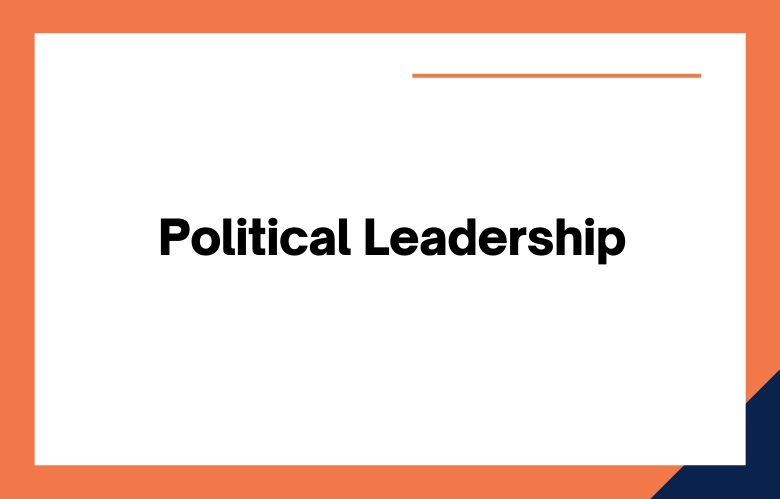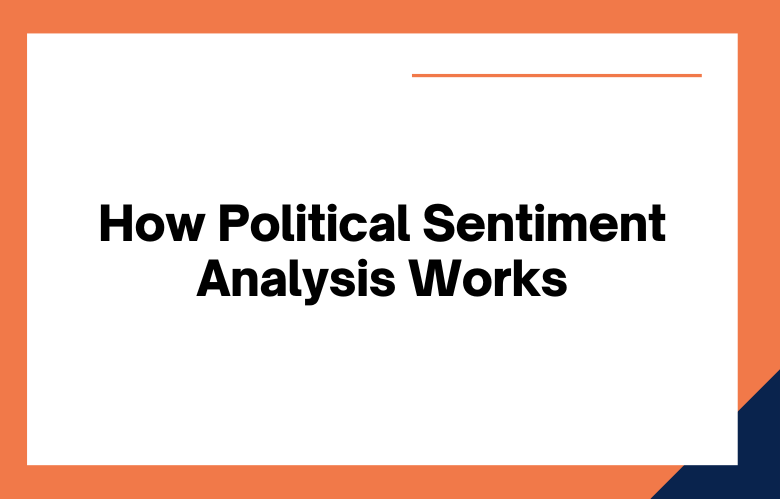In the era of fast-developing technology, deep-fake Political Campaign Ads have become a weapon of choice for political strategists and campaigners.
These ads are sophisticatedly edited videos that manipulate people’s perception of reality by superimposing a candidate’s image on someone else’s voice or video to create a fake narrative.
While the intention behind such ads may be to gain an edge in politics, it poses serious ethical concerns. I will explore the right circumstances surrounding deep-fake Political Campaign Ads.
What are the ethical concerns surrounding deep-fake Political Campaign Ads?
With the advent of deepfake technology, political campaign ads can now be manipulated to the point where they could appear genuine but contain false information.
These deep-fake political campaign ads could manipulate public opinion, leading to a flawed election process.
This technology could be misused to spread false information about candidates, destroying their reputation or image.
The proliferation of deepfake political campaign ads could create an environment of mistrust and uncertainty in the political landscape.
Moreover, such ads could exploit people’s biases, preconceptions, and fears through fictional scenarios or quotes attributed to the candidate.
This could trigger severe emotional and psychological consequences for the electorate, eroding political trust and potentially violent reactions.
What is the first-ever use of deep-fake technology in significant Political Campaign Ads?
Deep-fake technology has gained significant attention and controversy in the political sphere, particularly about its potential use in campaign advertising.
The first-ever use of this technology in significant political campaign advertisements can be traced back to the 2018 Karnataka State Assembly Elections in India.
During this campaign, a video of the incumbent chief minister of the state, Siddaramaiah, was manipulated using deep-fake technology to make it appear as if he was speaking in support of his opponent, B.S. Yeddyurappa.
The video was designed to deceive voters and damage Siddaramaiah’s reputation by portraying him as a hypocrite.
It was widely circulated on social media platforms and even aired on local news channels, spreading false information and increasing political polarization.
In this manner, the use of deep-fake technology raises concerns about the ethics of political advertising and the potential consequences of manipulating public opinion through the distortion of facts.
What are the two recent Political Campaign Ads that used deepfake technology?
In recent years, there has been a growing concern about using deepfake technology in political campaigns.
Deepfake technology enables the creation of seemingly authentic videos that can manipulate public opinion by presenting false or misleading information. Unfortunately, this technology has already been used in political campaigns to deceive voters.
Two of the most recent examples of deepfake technology used in political campaign ads include the 2019 Belgian and 2020 U.S. presidential elections.
During the 2019 Belgian election, the Flemish Socialist Party created a deepfake video of the Belgian Prime Minister, Charles Michel, making false and inflammatory statements.
The video was shared on social media to sway the election in favor of the Socialist Party. Still, it was quickly exposed as fake and denounced by political leaders from both sides.
What are the ethical concerns surrounding the use of deepfake technology in Political advertising?
The emergence of deepfake technology has demonstrated its potential to manipulate and distort information by creating compelling digital media that can deceive individuals.
Deepfake technology has already produced videos and images of politicians who often appear to say or do things they have never said or done. This has sparked ethical concerns regarding using such technology in political advertising.
One of the most significant ethical concerns surrounding deepfake technology in political advertising is that it can be used to propagate fake news, disinformation, and propaganda.
Deepfakes can misrepresent public officials, alter voting behaviors, and impact election outcomes. This can undermine democratic processes and threaten the integrity of government institutions.
What are some examples of deepfake technology being used in Political advertising?
In January 2020, a deepfake video of U.S. House Speaker Nancy Pelosi went viral on social media. The video, which showed Pelosi slurring her words, was created using artificial intelligence (A.I.) and was designed to make it appear as if she was drunk or intoxicated.
In February 2020, another deepfake video surfaced, this time of U.S. President Donald Trump. The video, created by an anonymous user on the Reddit website, showed Trump giving a speech in which he made several false statements.
In March 2020, a deepfake video of British Prime Minister Boris Johnson began circulating on social media. The video showed Johnson making several offensive and sexist remarks.
In April 2020, a deepfake video of Canadian Prime Minister Justin Trudeau surfaced online. The footage showed Trudeau making several racist and sexist comments.
In May 2020, a deepfake video of Meghan Markle, the Duchess of Sussex, began circulating on social media. The footage showed Markle making several offensive and racist remarks.
In June 2020, a deepfake video of U.S. Senator Bernie Sanders surfaced online. The footage showed Sanders giving a speech in which he made several false statements about the U.S. economy.
In July 2020, a deepfake video of German Chancellor Angela Merkel began circulating on social media. The footage showed Merkel making several offensive and sexist remarks.
In August 2020, a deepfake video of British Opposition Leader Jeremy Corbyn surfaced online. The footage showed Corbyn making several false statements about the U.K. economy.
In September 2020, a deepfake video of Canadian Opposition Leader Andrew Scheer surfaced online. The footage showed Scheer making several false statements about the Canadian economy.
What are the ethical concerns surrounding the use of deepfake technology in Political Marketing?
The use of Deepfake technology in political marketing has been a topic of significant concern and debate in recent years.
This technology can be used to manipulate images, videos, and even audio recordings to create fake or altered recordings that appear to be authentic.
These deepfakes can be used to spread false or misleading information, which has the potential to harm the democratic process and undermine public trust in our political institutions.
There are numerous ethical concerns surrounding deepfake technology in political marketing.
One of the most significant concerns is the potential for deepfakes to be used to spread disinformation and manipulate public opinion.
In recent years, we have seen numerous instances of deepfakes being used to create false information spread via social media and other online platforms.
This can sway elections, discredit political opponents, and even incite violence.
How are Political Campaigns using deepfake technology to personalize ads?
Recently, political campaigns have started leveraging cutting-edge deepfake technology to personalize their ads and more efficiently target specific audiences.
Even though they are entirely fabricated, deepfakes are created using artificial intelligence that can manipulate videos and audio to appear authentic and believable.
Deepfake technology in political campaigns allows candidates to tailor their message based on demographic or geographical information about their potential voters.
For instance, political campaigns can create deepfake videos in which candidates express their views on issues that matter most to specific demographics, such as older adults, teenagers, or people from different political affiliations.
This approach helps candidates resonate more with their audience personally, thus increasing the likelihood of garnering their support.
Conclusion:
Political campaigns, especially today, can only go with technology. However, technology is a double-edged sword, and using tools like deep fakes to influence public opinion can have severe implications.
Campaigns must be held to the high ethical standards fundamental to the democratic process. There must be a balance between technology use and ethical considerations to ensure free and fair elections.
We must be committed to preserving the integrity of the election process and ensuring that deep-fake Political Campaign Ads cannot destroy this essential aspect of democracy.
Call: +91 9848321284
Email: [email protected]










